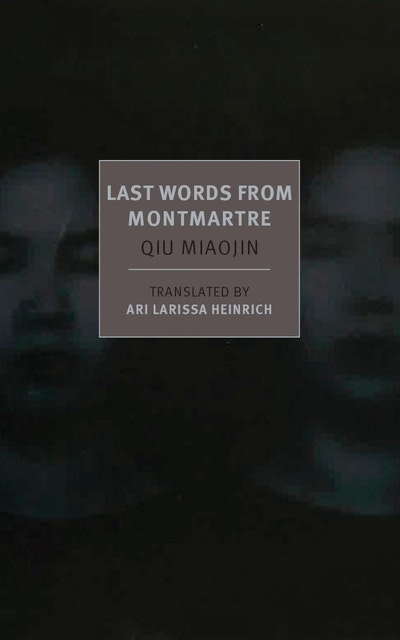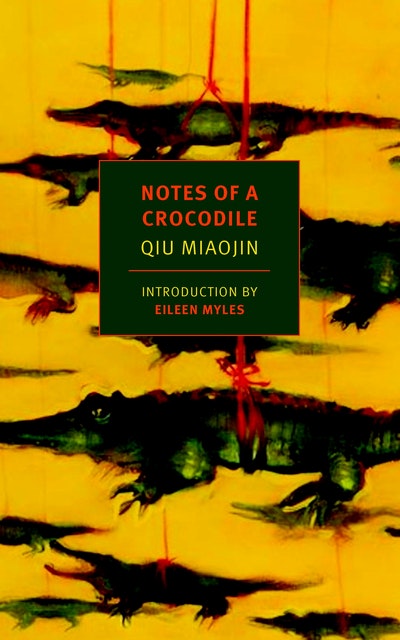- Published: 1 June 2014
- ISBN: 9781590177259
- Imprint: NY Review Books
- Format: Paperback
- Pages: 176
- RRP: $32.99
Last Words from Montmartre
- Published: 1 June 2014
- ISBN: 9781590177259
- Imprint: NY Review Books
- Format: Paperback
- Pages: 176
- RRP: $32.99
"Last Words from Montmartre is urgent, ecstatic, unbridled, and breathtakingly intimate. Qiu Miaojin is a writer who truly defies categorization, and this book, her last -- part confession, part love letter, part fiction, part memoir, part suicide note -- is a thrilling testament to her original mind and impassioned heart." --Sarah Shun-lien Bynum
"Moving in its honest revelation of her innermost self, [which is] after all the magic of literature." --Wang Dan, Chinese Tiananmen dissident and Harvard PhD
"Qiu Miaojin...had an exceptional talent. Her voice is assertive, intellectual, witty, lyrical, and intimate. Several years after her death, her works continue to command a huge following." --Tze-lan Deborah Sang
"What makes Kerouac or Salinger timeless is not necessarily literary, but perhaps didactic: the fact that there is wisdom to be found at the fountain of youth, no matter what time one arrives. Of course, there is also a saintliness reserved for those authors who are able to make an interesting life story for themselves, and that order includes Qiu Miaojin." --Bonnie Huie, PEN America blog
"Qiu's unique literary style mingl[es] cerebral, experimental language use, psychological realism, biting social critique through allegory, and a surrealist effect deriving from the use of arrestingly unusual metaphors." --Fran Martin
"Famous for her unapologetic queer themes, she committed suicide at 26 and was posthumously awarded the China Times Honorary Prize for Literature for Notes in 1995." --Autostraddle blog



